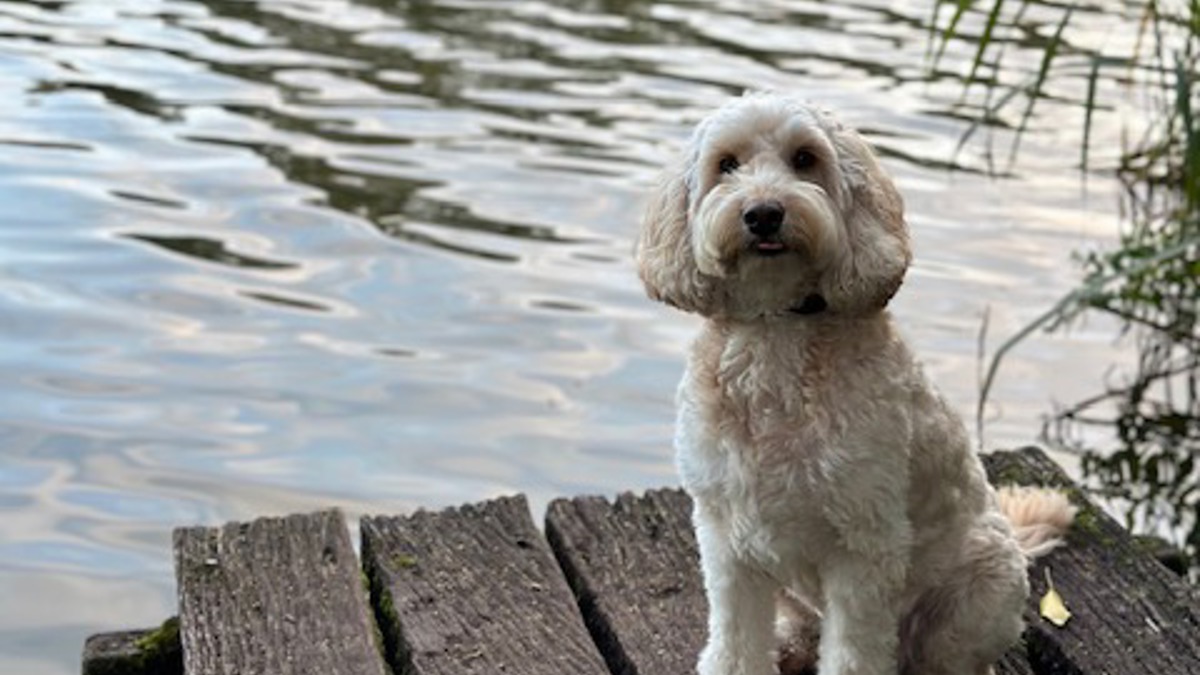Staying safe around pets
- 0-1 Years
- 1-5 Years
- 5-11 Years
- 11-19 Years
- SEND
- Staying safe and accident prevention

Pets can bring children lots of happiness. They can also teach children about responsibility and respect for other living creatures. But children’s behaviour can sometimes be unpredictable. This can frighten and overwhelm pets so it’s important children are taught how to stay safe around them.
Explore the topics on this page:
Keeping children safe around pets
Children behave very differently to adults. They are often unpredictable and some children love to hug, kiss and be close to animals, whilst others might be scared. Children are often running around, playing or shouting. Pets can find this behaviour overwhelming and threatening. For this reason, children are more likely to be bitten by dogs and cats than other age groups. But there are lots of things you can do to help keep your child and pet safe.
- Stay with your child. It’s important that an adult supervises your toddler or child when they are around pets. Never leave your child alone with a pet, even your own.
- Set some rules. Teach your child not to approach pets when they are eating, sleeping, unwell or tired.
- Give your pet a safe space. This can be a place for your pet to retreat to when they need. Children’s behaviour can tire pets out, so allow them to have time to rest quietly.
- Be gentle and calm. Some children love to hug and kiss animals, just like they would to humans. But this sort of behaviour can sometimes cause pets to become worried or angry. Do not let your child climb on them or pull their ears or tail. Remind your child not to shout when around animals.
- Read your pets communication and body language. Learning to understand your pet's behaviour can help you to know how they are feeling, such as relaxed, happy or frightened. When reading your pet's body language it's important to consider your individual pet, their whole body and the context of their behaviour.
Keeping newborns and babies safe around pets
Having a baby brings about a lot of change for everyone, including your pet. For example, they may no longer be allowed in certain rooms or on furniture. Some pets do not tolerate change well. Your pet is a valuable family member and still needs your love, care and attention.
Before your baby arrives, it’s a good idea to get your pet used to the new equipment. For example, high chairs, prams, toys and cots. You can also think about any new routines or rules your pet may face and try to introduce these slowly.
Create a safe space for your pet to go when they need some space, when you are looking after the baby or for any home healthcare visits. Encourage them here using treats or toys.
When your new baby arrives, your pet is naturally going to be curious. Let them see and smell the baby, but ensure you are always supervising them. Never leave your baby alone with a pet.
Make sure your pet is exercised, fed and given attention. If you have any concerns speak to your midwife or health visitor.
Do you have an assistance dog?
If you have an assistance dog, you can receive training and support from your relevant assistance dog charity. For example, Guide Dogs or Medical Detection Dogs.

Need more specific support for your child?
If your child needs more help or has additional needs, you can visit our specific section for extra support.
